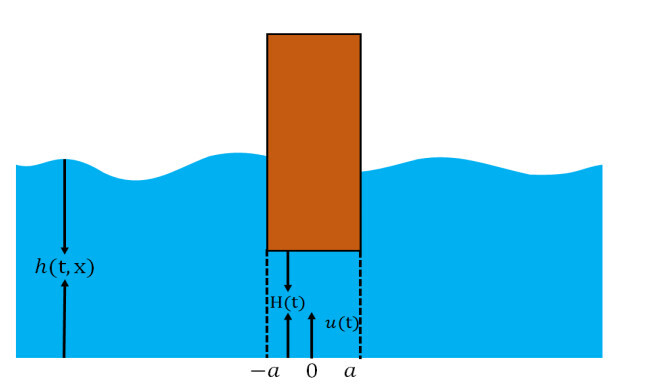Tonight, #ModConFlex will be on TV!
A few weeks ago, a small team from regional TV passed by @uni_wuppertal to meet with our coordinator and one of the PhD students.
And tonight, our coordinator will also be interviewed live on TV. In a day or two, this should be available here:
https://www.ardmediathek.de/sendung/lokalzeit-bergisches-land/Y3JpZDovL3dkci5kZS9tZWRpYXRoZWsvTG9rYWx6ZWl0IEJlcmdpc2NoZXMgTGFuZA (in German, though - we will translate in a few days).

